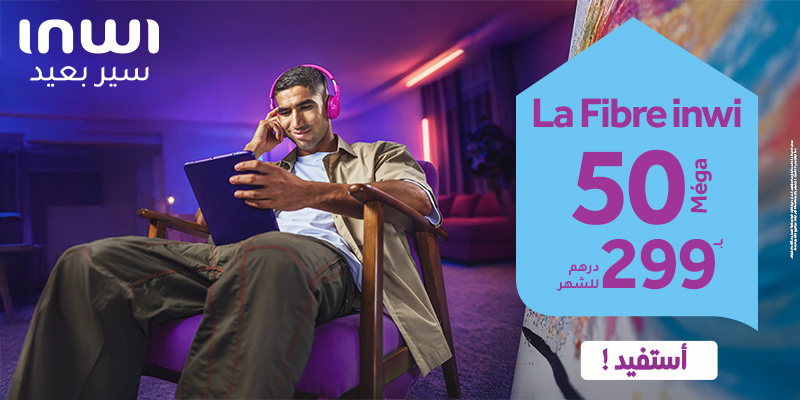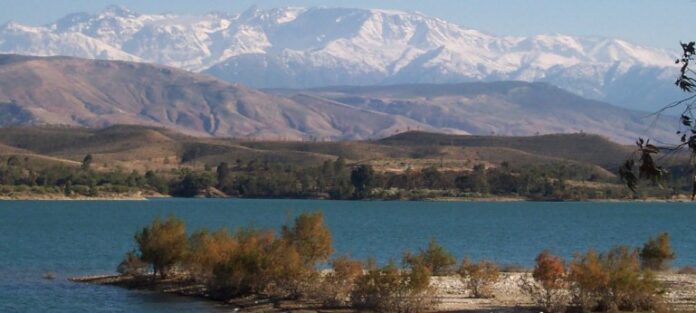As Morocco marked the 26th anniversary of Throne Day, a series of ambitious development projects were unveiled Tuesday in the rural communes of Sidi Abdellah Ghiat and Zerkten, both located in the province of Al Haouz. The combined investment for these initiatives is nearing 100 million dirhams, signaling a firm commitment to improving infrastructure, education, and women’s empowerment in underserved areas.
In the village of Chouiter, within Sidi Abdellah Ghiat, a new women’s empowerment center officially opened its doors. Backed by a 3 million dirham grant through the National Initiative for Human Development, the facility aims to provide rural women with tools for economic independence. Alongside vocational support, the center will also tackle illiteracy and promote children’s education, addressing some of the most pressing social challenges in the region.
Meanwhile, in the neighboring commune of Zerkten, local authorities presented two major road infrastructure projects to Rachid Benchikhi, acting governor of the Marrakech-Safi region. One of the projects involves building a major overpass across Oued Ighi at the 38-kilometer mark of provincial road 2016, with an estimated cost of 11 million dirhams. The second project includes a new bridge over Oued Tassaout, located near the hamlet of Taourirte in Aït Aadel, with funding close to 10 million dirhams.
In addition to these plans, roadworks have begun on a large-scale project designed to better connect remote villages to central Zerkten. The upgraded route, which links Ighir Nouzerk, Tatoula, and Tizi-n-Talwat to the commune’s core, represents a 46 million dirham investment under Morocco’s national strategy to reduce territorial and social disparities.
On the educational front, Zerkten has welcomed a brand-new high school, Mouad Ibn Jabal, funded by the Rural Development Fund at a cost of 13 million dirhams. To support students traveling from distant areas, construction is also underway on a boarding facility with a separate budget of 7.5 million dirhams, intended to enhance access to schooling for rural youth.
Together, these projects reflect a broader territorial development strategy inspired by the vision of King Mohammed VI. The goal is clear: to bridge the gap between urban and rural Morocco by improving access to vital services, fostering social inclusion, and building a more balanced and equitable society across even the most remote communities.





